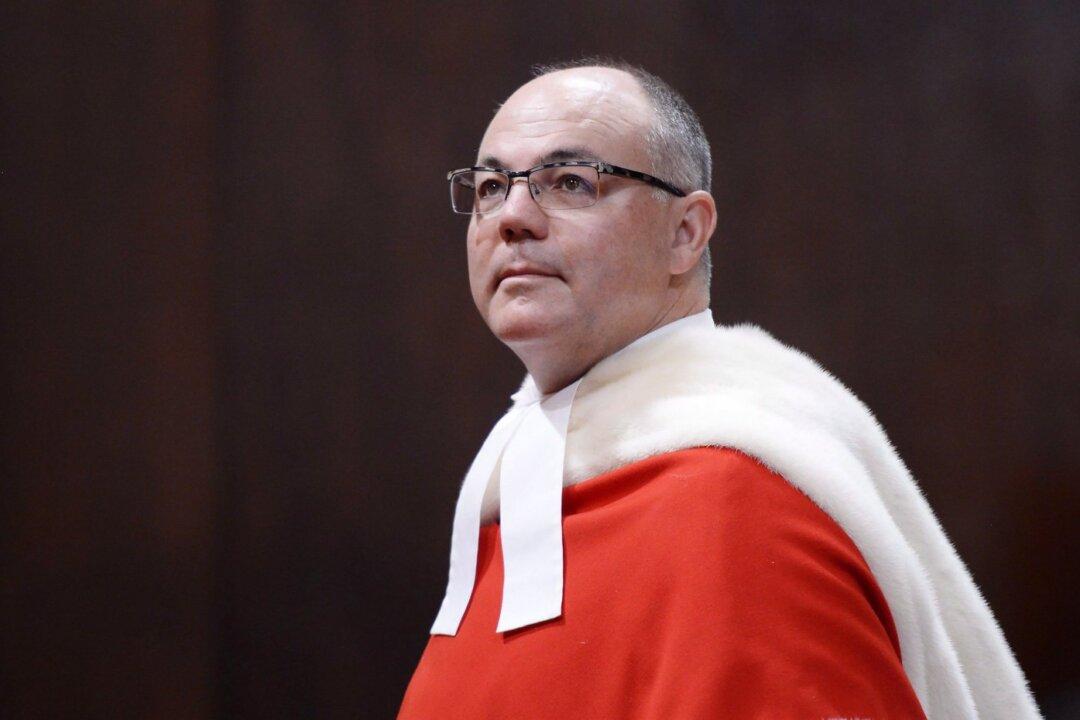Supreme Court Justice Russell Brown spoke out Friday, a rarity for a member of Canada’s highest court, about an alleged altercation in Arizona that triggered a complaint to the Canadian Judicial Council.
In a statement issued by his lawyers, Brown denied details in a newspaper story published Thursday that reported allegations he “harassed” a group of friends during a Jan. 28 encounter at a Scottsdale resort lounge.





